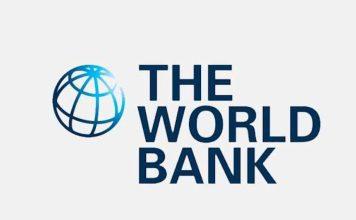The World Bank on Tuesday report that the coup d’état in Niger might put additional pressure on Nigeria and other West African nation’s food markets.
The W’Bank said the Niger coup d’état puts an extra seven million people at the risk of falling into severe food insecurity, which already affects 3.3 million people during the lean season and is accompanied by rising commodity and basic food prices.
The global bank revealed this in its September ‘Food Security Update’ shared on Tuesday. The statement read, “The coup d’état in Niger might put additional pressure on West African food markets.”
It stated that this limited poor households’ access to food and their ability to meet their dietary needs.
“With the government’s limited financial capacity to implement its food assistance programme, continued provision of food aid by the World Food Programme remains essential, but access restrictions are hindering delivery of aid.
Moreover, FAO expects that shortages of seeds and feed and high fertilizer costs will affect the next agriculture season, exacerbating food insecurity, which is expected to persist beyond the lean season,” it said.
The bank noted that between June and August 2023, 42.5 million people in Nigeria and other West African countries were in a food crisis or worse.
“The main factors affecting food security are civil insecurity and conflict, which have led to forced displacement; climatic shocks; political instability; the consequences of the COVID-19 pandemic; and the war in Ukraine, which have increased the volatility of prices for foodstuffs and other commodities and caused widespread inflation. Current food prices of the main staple and imported food products remain higher than during the same period last year,” the global bank said.
